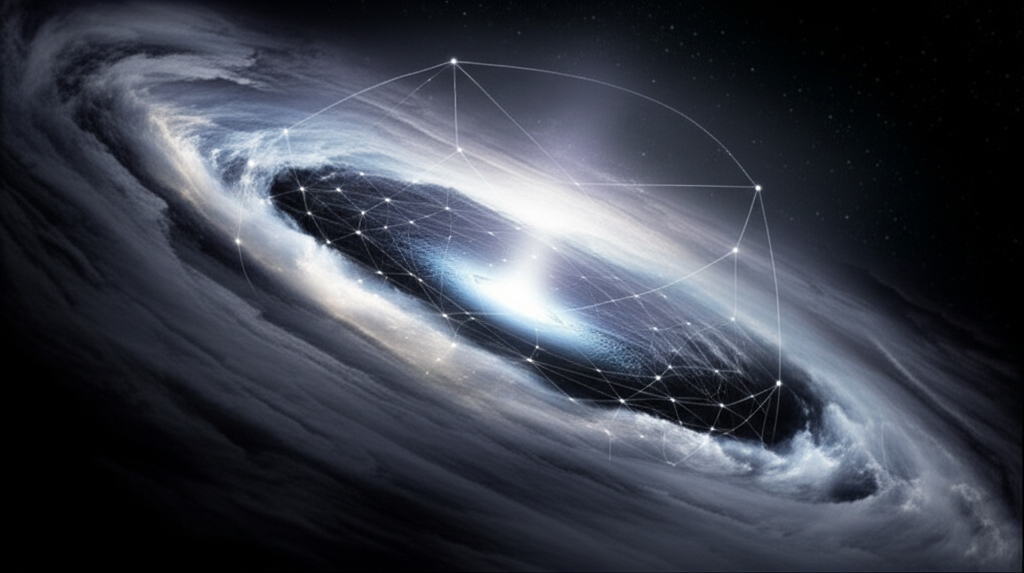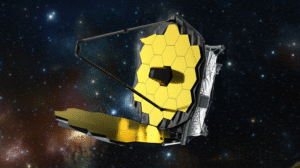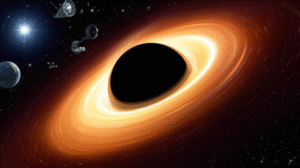What Happened Before the Big Bang?
What happened before the Big Bang? Explore leading theories in cosmology, from quantum fluctuations to the multiverse, and uncover the mysteries of our universe’s beginning.

Introduction
The Big Bang Theory explains the universe’s expansion from a hot, dense state. However, it doesn’t clarify what preceded this event. This gap marks a significant limitation in our understanding of the cosmos. Scientists now explore the pre-Big Bang era, pushing the boundaries of cosmology. Their quest seeks to uncover the universe’s true origins, beyond the Big Bang’s initial conditions.
The Singularity Conundrum
Understanding the Initial Singularity
General relativity predicts a singularity at the universe’s inception. This point marks where all known physical laws cease to function. Essentially, the singularity represents a boundary beyond which our current understanding cannot penetrate.
The Limits of Current Physics
Traditional physics struggles to explain conditions before the Big Bang. The singularity’s extreme density and temperature defy conventional models. Consequently, scientists face significant challenges in theorizing about the universe’s pre-Big Bang state.
Venturing Beyond the Singularity: Theories of the Pre-Big Bang Universe
Eternal Inflation and the Multiverse
Eternal inflation proposes an endlessly expanding multiverse. This theory suggests our universe is one of many bubble universes. These bubbles form in a larger, inflating space. Each bubble may have different physical laws. This idea challenges traditional cosmology.
Cyclic Universe Models
Cyclic models, like the Ekpyrotic theory, suggest the universe undergoes endless cycles. These cycles involve brane collisions in higher-dimensional spaces. Such collisions could reset the universe, leading to a new Big Bang. This model offers an alternative to a singular beginning.
Quantum Cosmology’s Perspective
The Hartle-Hawking no-boundary proposal describes the universe’s birth without a boundary. It combines quantum mechanics and general relativity. Quantum fluctuations might have sparked the universe’s existence. This perspective shifts focus from a singular event to quantum processes.
String Theory’s Pre-Big Bang Scenario
String theory explores the universe’s state before the Big Bang. It suggests a pre-Big Bang phase with different physics. This phase could explain the universe’s initial conditions. String theory provides a framework for understanding these early moments.
The Challenges in Pre-Big Bang Cosmology
The Hurdles in Empirical Verification
Testing theories about the universe’s state before the Big Bang poses significant challenges. Currently, no direct observational evidence exists. Scientists rely on mathematical models and indirect clues. These methods often lead to more questions than answers. The extreme conditions of the early universe complicate empirical verification further.
The Need for Revolutionary Physics
New physics might unlock the mysteries of the universe’s initial conditions. Traditional theories, like general relativity, break down at the singularity. Quantum gravity and string theory offer potential pathways. However, these frameworks require more development. Breakthroughs in these areas could revolutionize our understanding of cosmology.
Incorporating Key Citations
The exploration of what preceded the Big Bang has led to several groundbreaking theories.
- The Hartle-Hawking State: This theory suggests the universe began as a quantum state, eliminating the need for a singular beginning.
- Eternal Inflation and the Multiverse: It posits that our universe is part of a larger, eternally inflating multiverse, constantly spawning new universes.
- String Theory and the Pre-Big Bang: String theory offers insights into the universe’s conditions before the Big Bang, proposing a cyclical model of existence.
Each citation provides a unique lens through which to view the universe’s origins, enriching our understanding of the cosmos.
Conclusion
Reflecting on the speculative nature of pre-Big Bang theories highlights our current limits in understanding the universe’s origins. These theories, while fascinating, remain largely unproven. Therefore, continued research and theoretical development in cosmology are crucial. They push the boundaries of our knowledge. Moreover, they challenge scientists to explore beyond conventional wisdom. Ultimately, this pursuit may unlock answers to the universe’s earliest moments.









The theories about the universe’s inception are fascinating but leave so much unanswered. Eternal inflation and the idea of bubble universes challenge everything we thought we knew about cosmology. The cyclic models offer a refreshing perspective, but how can we ever test such ideas? The Hartle-Hawking no-boundary proposal is intriguing, but without empirical evidence, it feels speculative. It’s frustrating that we’re limited to mathematical models and indirect clues. Are we ever going to find a way to observe these phenomena directly, or will it always remain theoretical? What do you think is the most plausible explanation for the universe’s origin?
Possibly not in the way we observe galaxies or stars. But we might be able to infer them through extremely precise observations—like improved measurements of gravitational waves, or high-resolution CMB data. Technologies like next-generation space telescopes or quantum sensors may help us detect the faint fingerprints of the universe’s earliest moments.
As for the most plausible explanation—it depends on how we define plausibility. Inflation remains the leading framework because it explains a lot: the flatness of space, the distribution of galaxies, and the uniformity of the CMB. But it doesn’t explain everything, especially the origin of time itself. Some physicists lean toward a quantum gravity model we haven’t fully discovered yet—something beyond both general relativity and quantum mechanics.
Right now, we’re in the same place Einstein was over a century ago: with powerful insights, beautiful math, and a deep sense that something bigger is just beyond our current reach.
The concept of a singularity at the universe’s inception is fascinating, but it’s hard to grasp how all physical laws just stop working there. Eternal inflation and the idea of multiple bubble universes sound like science fiction, yet they challenge our traditional views in such an intriguing way. The cyclic models, like the Ekpyrotic theory, make me wonder if the universe is in an endless loop—could that mean history repeats itself in some form? The Hartle-Hawking no-boundary proposal feels like a bridge between quantum mechanics and general relativity, but how can we even begin to test such abstract ideas? It’s frustrating that we lack direct evidence for these theories, but the fact that they spark so many questions is exciting. Do you think we’ll ever find a way to empirically verify what happened before the Big Bang, or will it always remain a mystery?
It’s one of the hardest questions in science. In principle, indirect evidence could emerge—such as patterns in the cosmic microwave background radiation, or quantum signatures imprinted in gravitational waves. But we’re at the frontier of what can be tested.
Even if we never get a clear experimental answer, exploring these ideas deepens our understanding of the universe’s structure and origins. Sometimes, the value lies not just in the answer, but in the new questions we’re inspired to ask along the way.